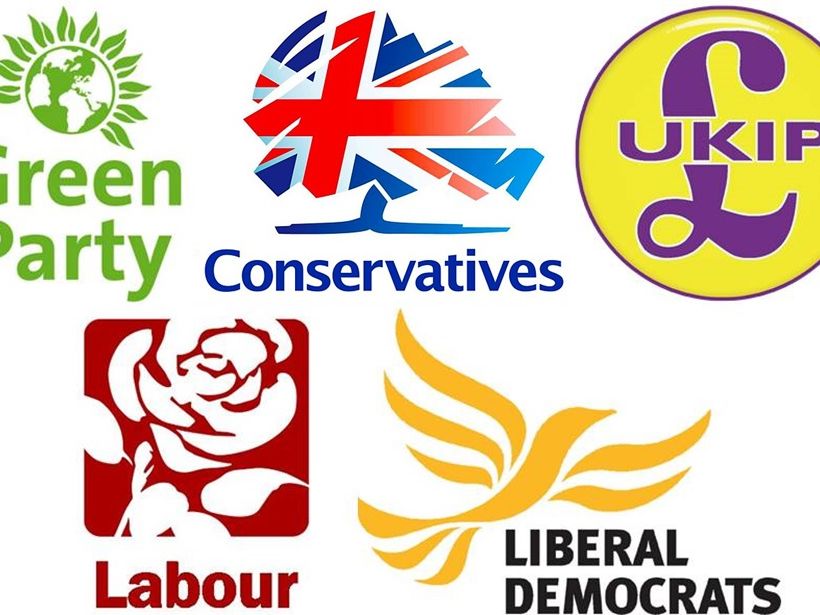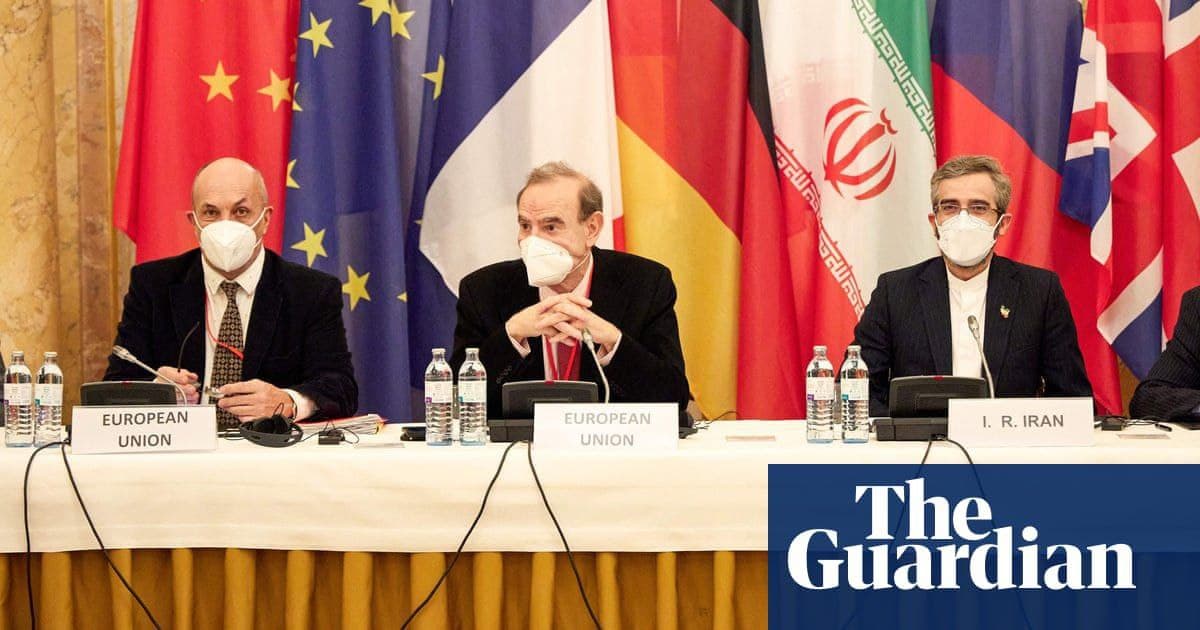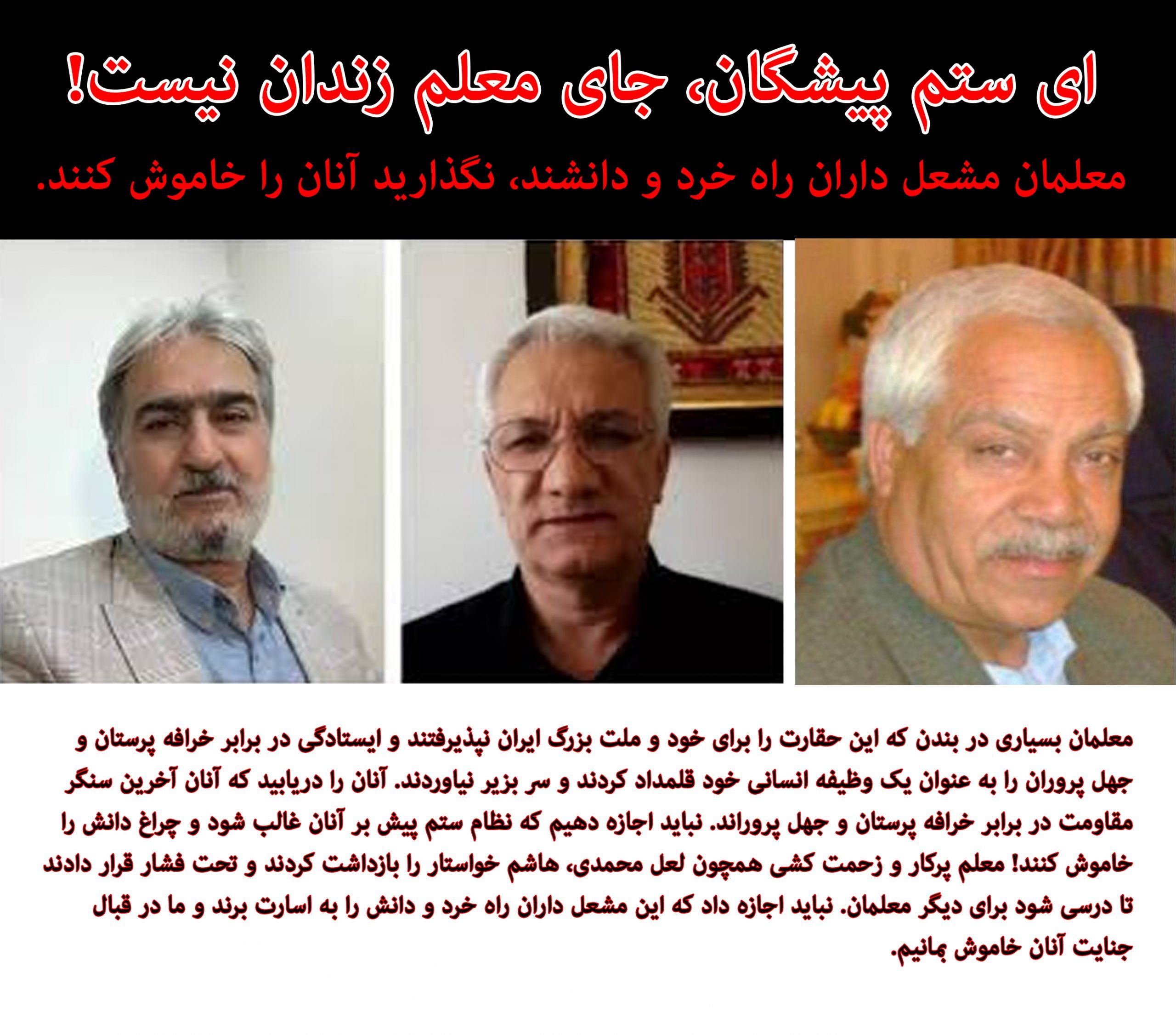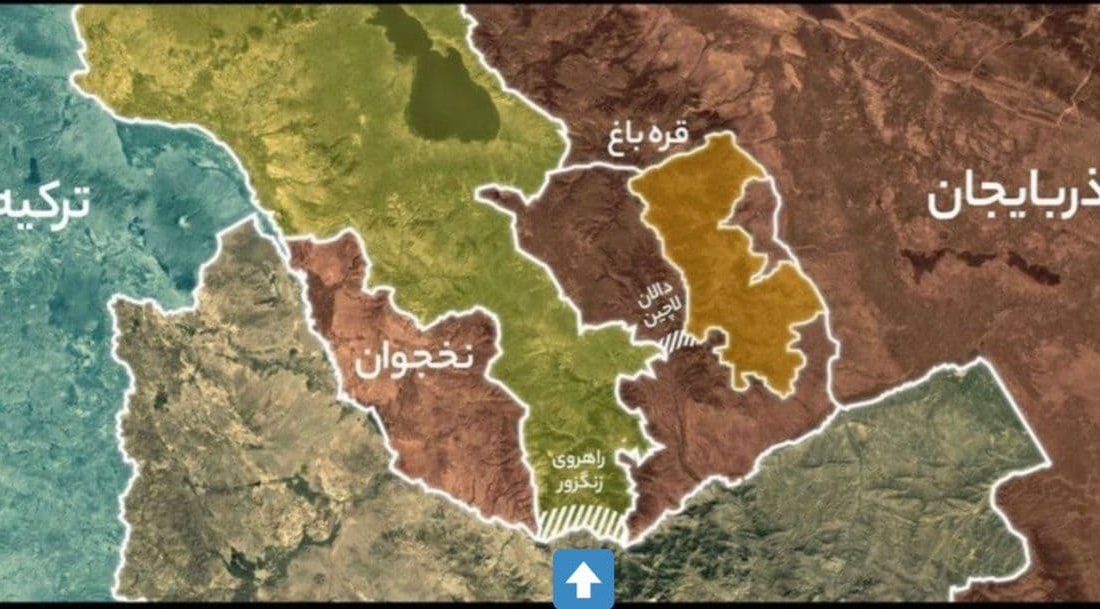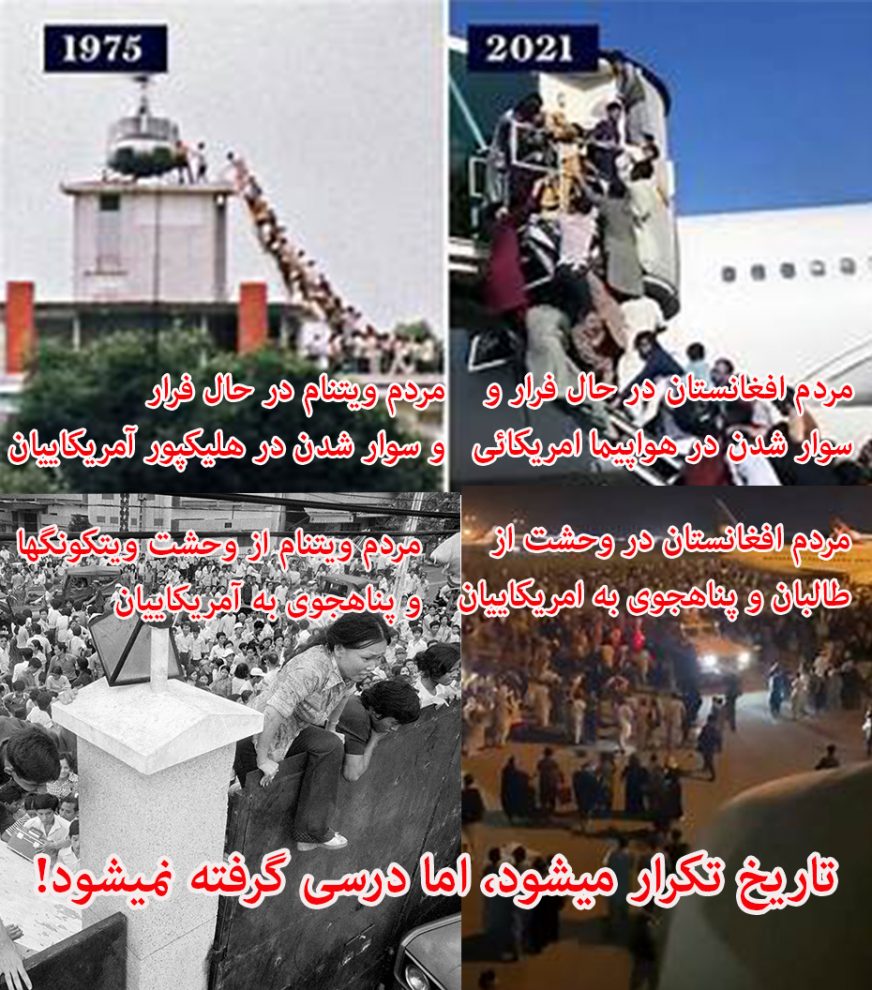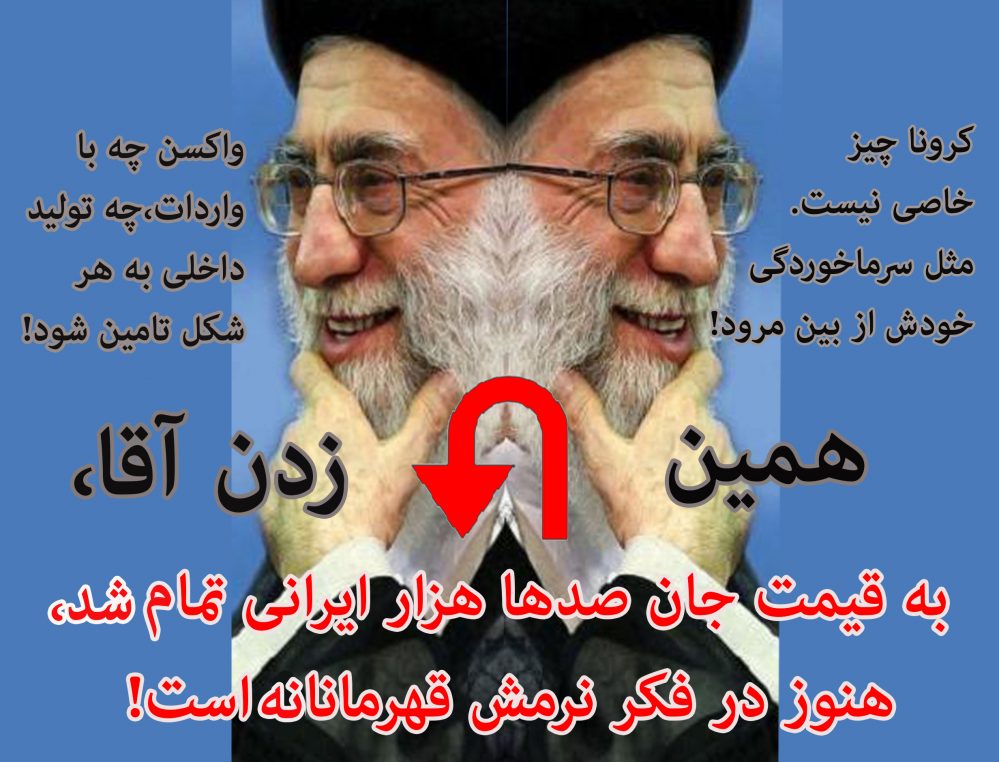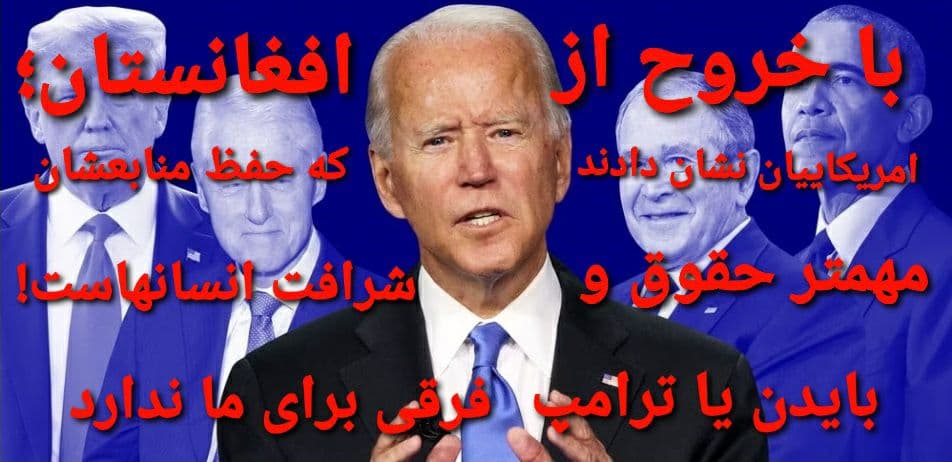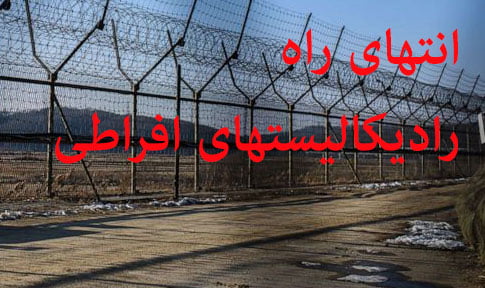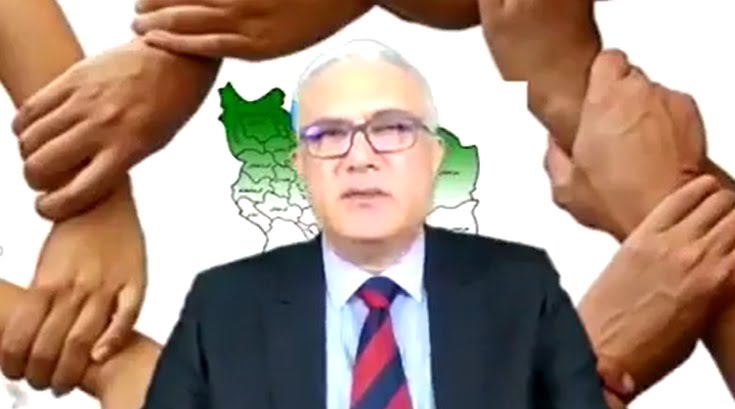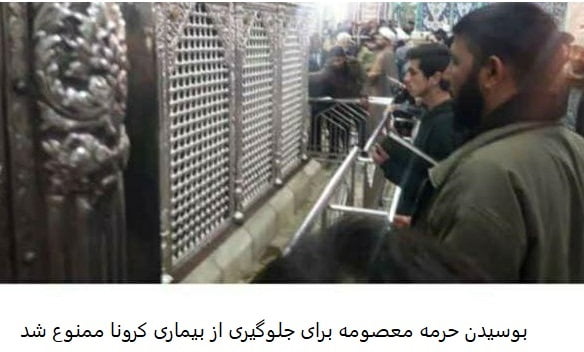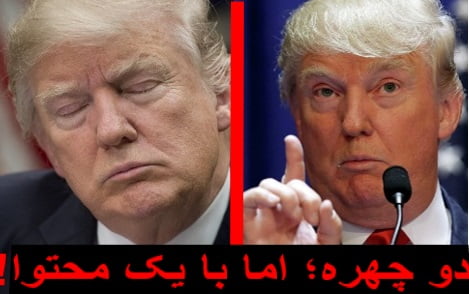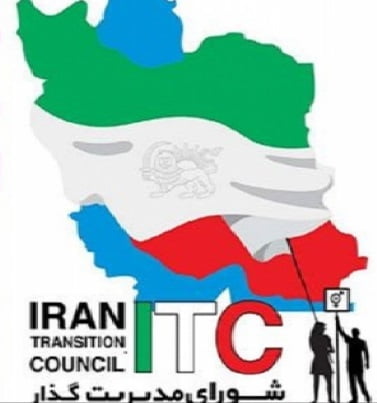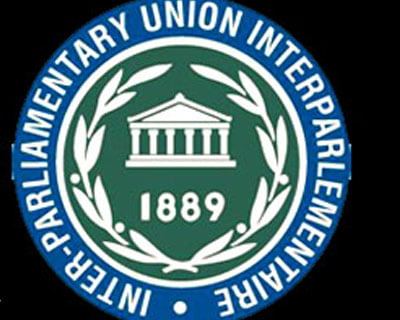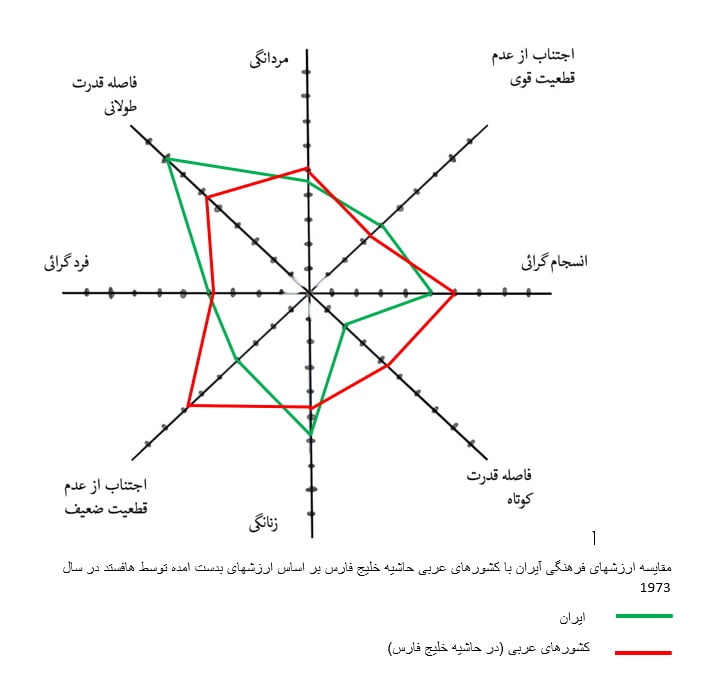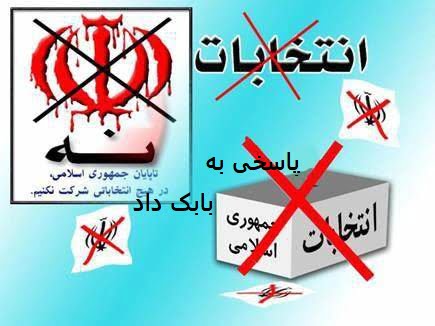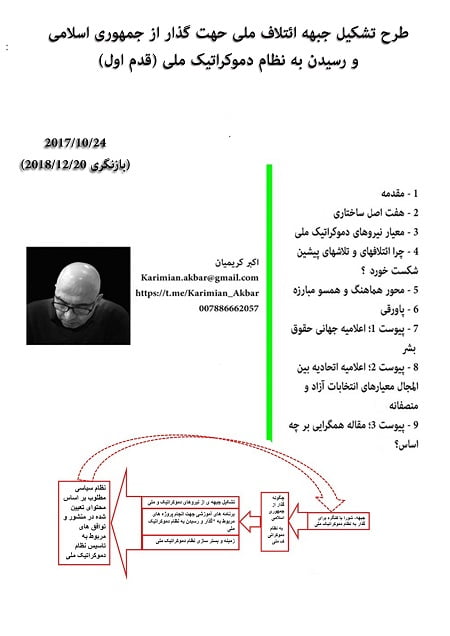After the referendum of 23rd of June, the political forces in Britain, “in and out” in general, and the division of the governing party on “stay or Leave,” put the Government and the nation in an unknown territory. What makes it difficult to understand, in a mistrusting environment, is the disconnection between the leadership of the two major parties in the UK with their voters.
David Cameron and his team were sure that they found the right momentum to have the referendum, and with that assumption, they lost. Consequently, the country has found itself in a situation in which it has no plan to escape the uncertainties that it faces. To be fair on him, when Mr Cameron fixed the day of the referendum, he was sure that the Liberal democrats and Labour and Scottish Parties were fully in favour and supportive of staying in EU, despite his party and some others divided on the issue.
The result was neither what the Prime Minister hoped for nor what the other parties in the “stay camp” expected. On the other hand, Boris Jonson, the former London Mayer, announced that he was not the person to lead the nation forward from this mess, which in itself was a good decision to free himself from being at the centre of talks to remove him, and he therefore announced that he did not have what was needed to fulfil this enormous task.
However, the leave camp led by Nigel Farage, Boris Johnson, Michel Gove and others, proved that they did not have a coherent plan for exit from the EU. What had been claimed and promised by them is now all up in the air, and it will most probably fall on someone from the “stay camp” to clean up the mess after the “leave camp” fails to lead the country out of this uncertain situation.
From the British nations’ point of view, the two major parties at the moment resembles one without a head and the other without a body. A headless party is in charge of the country and has no say in the European family, despite taking crucial decisions that would impact the UK. The opposition party, which it is losing its position as an opposition, is in a mess and cannot even function as a party, to monitor the governing party on behalf of the British people. Amidst this mess, the nation is hopeful that Britain will settle and find a prosperous and stable shore in the world economy.
The challenging task in front of the governing party to find its head is understandable. But what is not clear is, which camps from “leave” or “stay” in the party, should really navigate the still divided party and the nations, to successful negotiation and avoiding the blame of not gaining the best possible outcome for Britain at the end of a very long and painful negotiation with EU leaders. Meanwhile, the Governing party is planning to overcome these problems and challenges, the second party, Labour, which used to be an opposition, tries to find a way to reconcile its MPs with its leader, and in doing so, the Unions’ leaders become a leverage in hand of the leadership of the party.
This unprecedented situation, after the result of the referendum, shows that the political connections between voters on the one hand and the leaders and trade unions with MPs on the other, are not adequate to resolve this unwanted situation. What makes it more difficult to end the disconnection between voters and the leaderships of parties, especially in the labour party, is the way policies are made and attempts to introduce these through the populist system to their voters. Trade unions use the remaining connection with their grassroots as a force to adjust the leadership and policy making system in the Labour party, which in the end will further reduce the connectivity of party with the voters.
Moreover, it becomes clear by the structure of the Labour party and the system of communication among MPs and the leadership, Trade Unions and party voters, that neither the leaders of the party nor the Trade Unions’ Leaders are able to deliver the message to, or understand the will of voters and workers and supporters in its heartland in the North of England and wales. This is the main reason of misunderstanding the voters’ will in the referendum or not enable to convince them to vote to stay in EU, after all the Unions leaders and Labour leadership were strongly advocating to stay in EU. With any given possibilities, we look at whether there is proof of a political disconnection between the party and the Unions with their voters and workers. This disconnection manifests itself in challenging relationships between the party and the Unions, and the mutiny in the party. From one side, the leadership of the party cannot justify its weightless or unsuccessful persuasion of voters in the referendum or understand its MPs’ fear of traditional Labour voters switching to other parties. From another side, there is a strong possibility that the Labour party risks not becoming a governing party and viable alternative, and even faces becoming a third party in coming election.
The Labour Party political disconnection with the public has led to the disintegration of the party and this could make the UK a weak and disconnected political parties battle ground. This disconnection, in Labour Party, began since Tony Blair led the Labour Party into invading Iraq and Afghanistan. It was the perfect example of a leader putting himself above all. From that point on, the Labour party began to lose its connection with its traditional voters. However, the economic turmoil under Gordon Brown indicated that the Labour party was not up to task. Going to war and the rescission made the Labour party less desirable parties. However, what makes the situation worse was the change in the membership system of the party, which allows everyone to vote in the leadership contest. The system is unable to have a healthy connection with its constituencies. The system does not represent the democratically the collective will of voters in constituencies around the UK.
Is Labour able to rectify these problems and rebuild the party of working people, the party that its founders established to provide social justice and harmony in our society and the country as a whole? These questions, which go above the labour leadership and Unions, can be pushed forward for answers by the party’s traditional voters in the coming elections. The result of the coming election would determine which parties will be the second party in the UK and it may show the demise of the Labour party as we know it.
Akbar Karimian
30/06/2016


